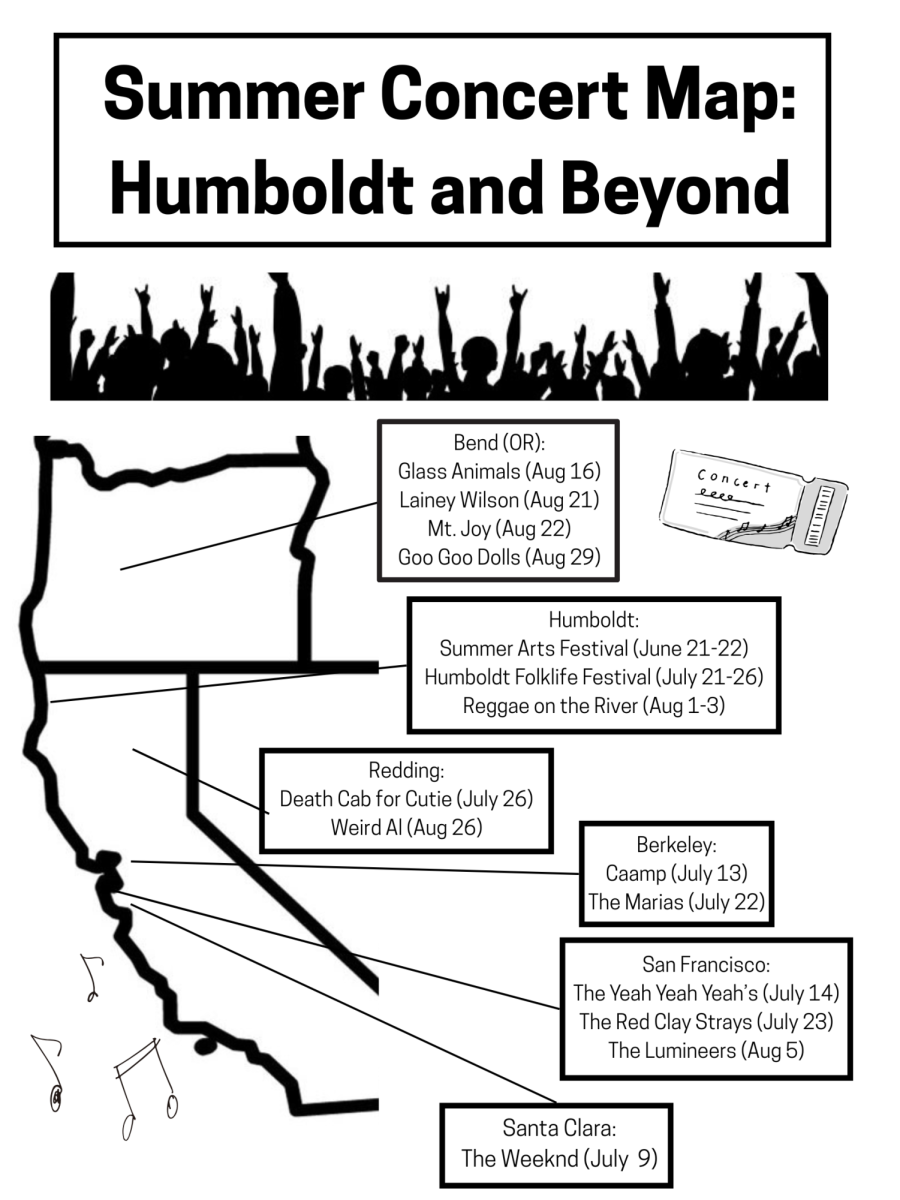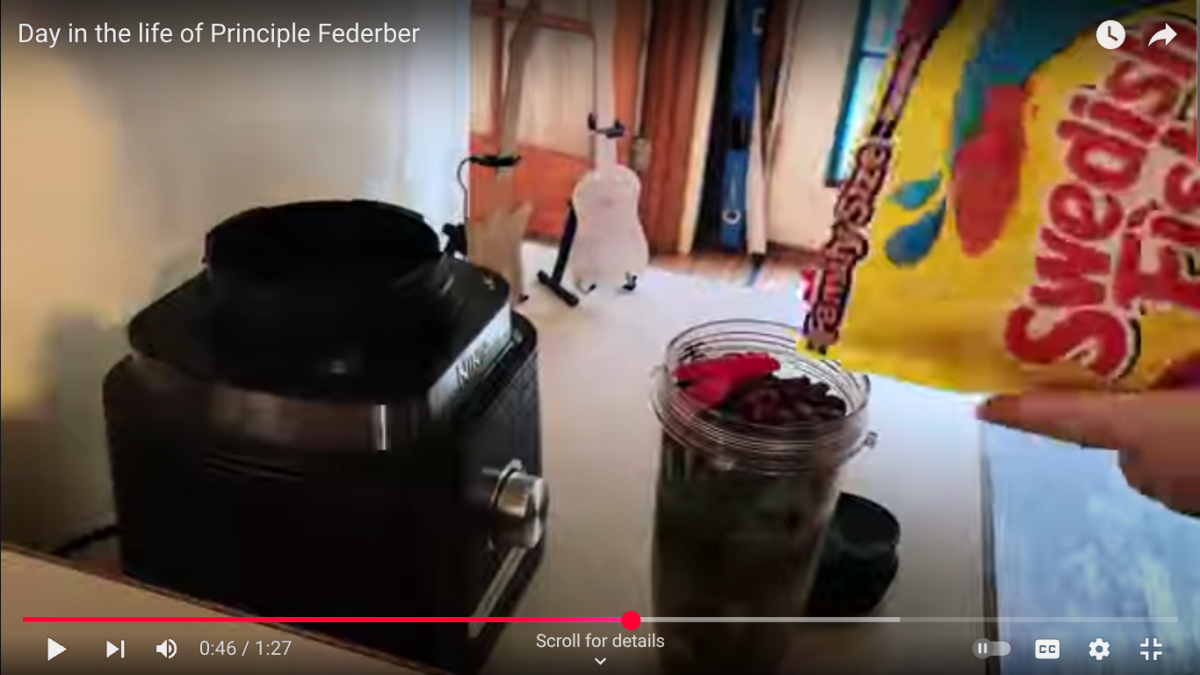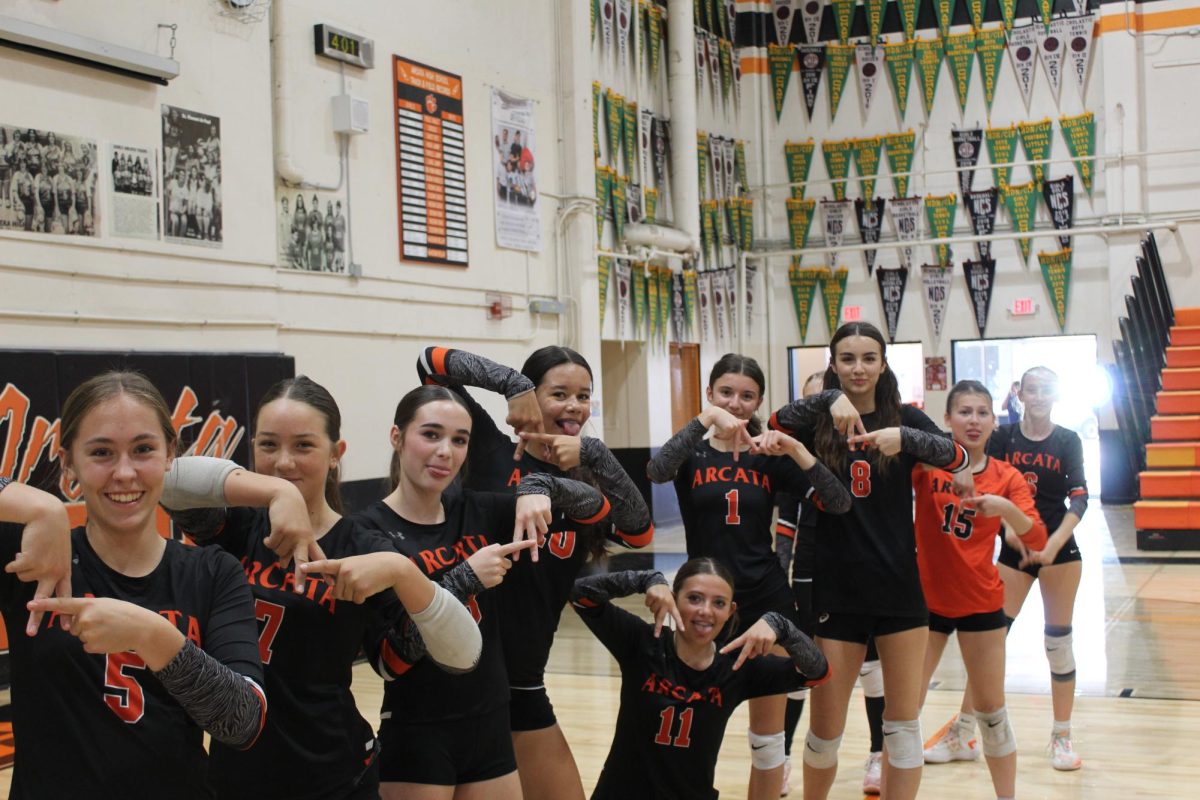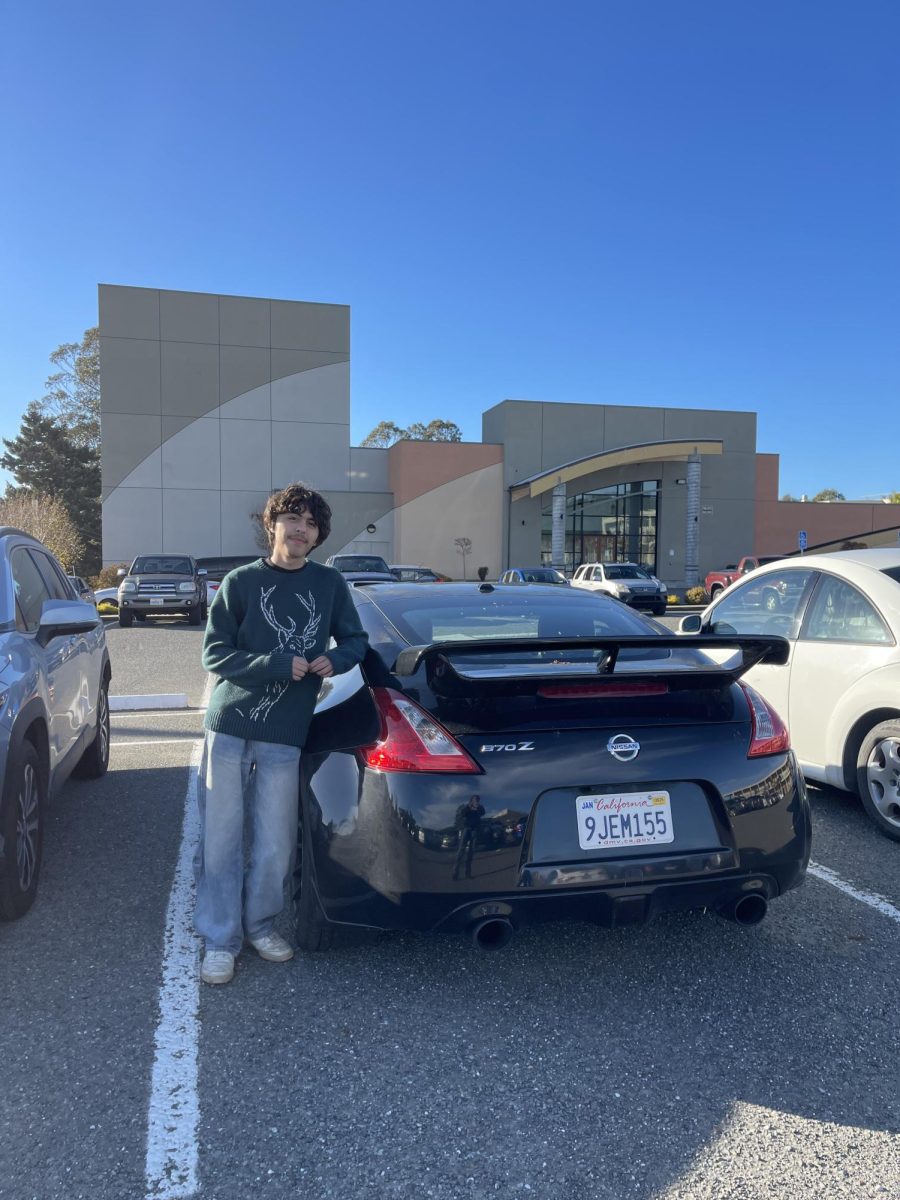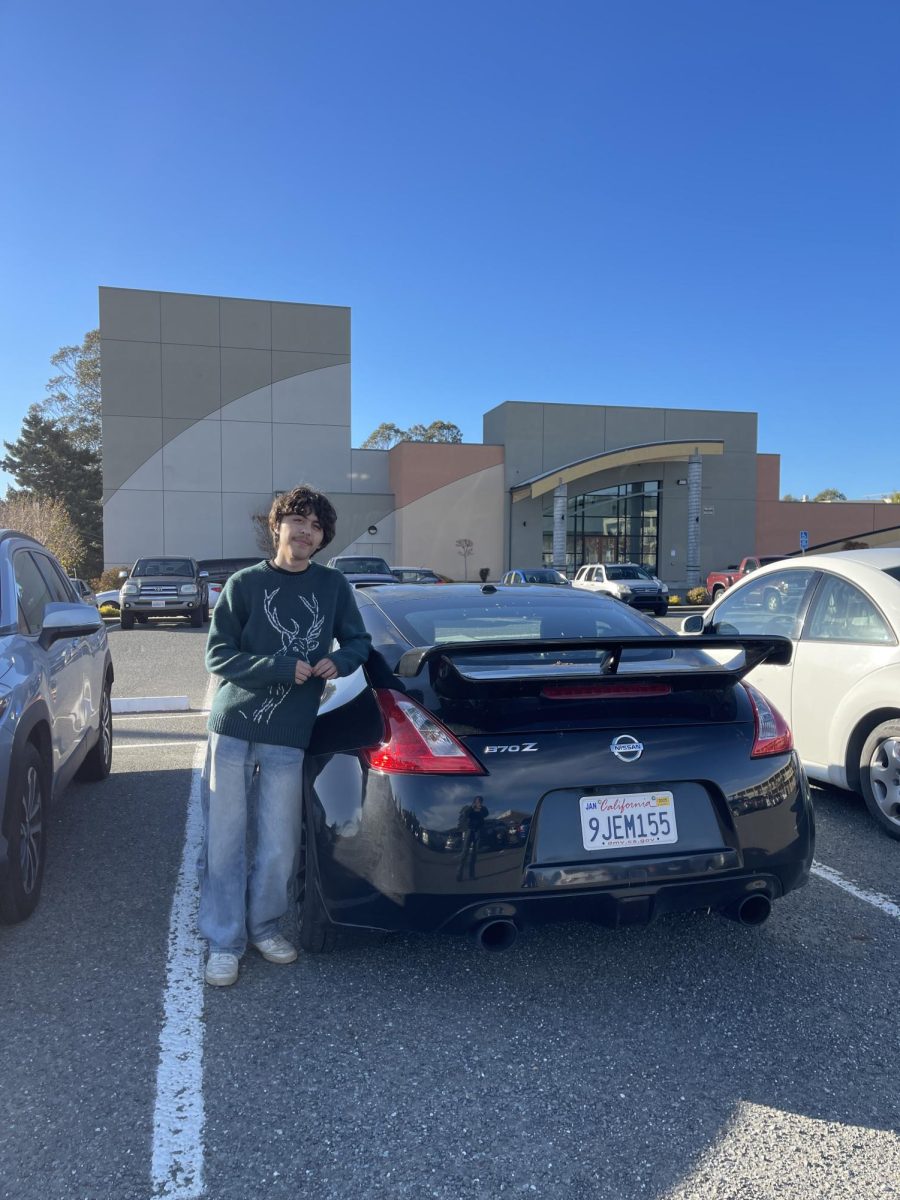Designer clothes, a million bucks, and flashy cars are what some teenagers dream of this holiday season, but these delusions are shattered come Christmas Day. Students wake up to find socks, and things they need, and carefully pick heartfelt gifts from their parents.
“Sometimes the most meaningful things are the least expensive, like a note that you write your mom on Christmas Eve ‘cause you forgot to get her a present,” Pepperbox adviser Danielle Witten said.
Shockingly, most students have a different idea of what they’re getting for Christmas than what their parents are planning on getting them.
When it comes to gift giving, parents tend to have a similar philosophy. Heartfelt, carefully thought out, and something their teenager will need. Some parents like to give their teenagers new experiences and lasting memories. While others prefer to give truly meaningful things like Monopoly money and “student-driver” bumper stickers.
“Gift-giving can, at its best form, bind and connect us to other people, and at its worst form, it can be rampant consumerism that has a negative impact on both people and Earth,” English teacher Therese Fitzmaurice said. As a result, teenagers won’t realize the value of their gift until they need it or experience it for the first time.
“To see the value in something when you don’t have it in that moment can almost be a rewiring process,” science teacher Steven Hoffman said.
Teenagers, however, have other ideas for what they want. Good grades from their parents, delicious food, climbing shoes, or a nice hoodie are some of their wants this year. Despite the variety of items, teenagers generally agree that a good gift is one with thought behind it and has a connection to the person the gift is for.
They also have some advice for their parents.
“Think outside the box [and it] has to be a surprise. [It] can’t be something I think of,” senior Sierra Paliaga said.
Teenagers also want their parents to listen to what they talk about and read their minds. They don’t want to have to come outright and say what they want; some of them will, but most of them won’t. Isn’t that what parents are here for though? To read minds, shuttle their teenagers around, and give presents that their teens didn’t even know they wanted.



